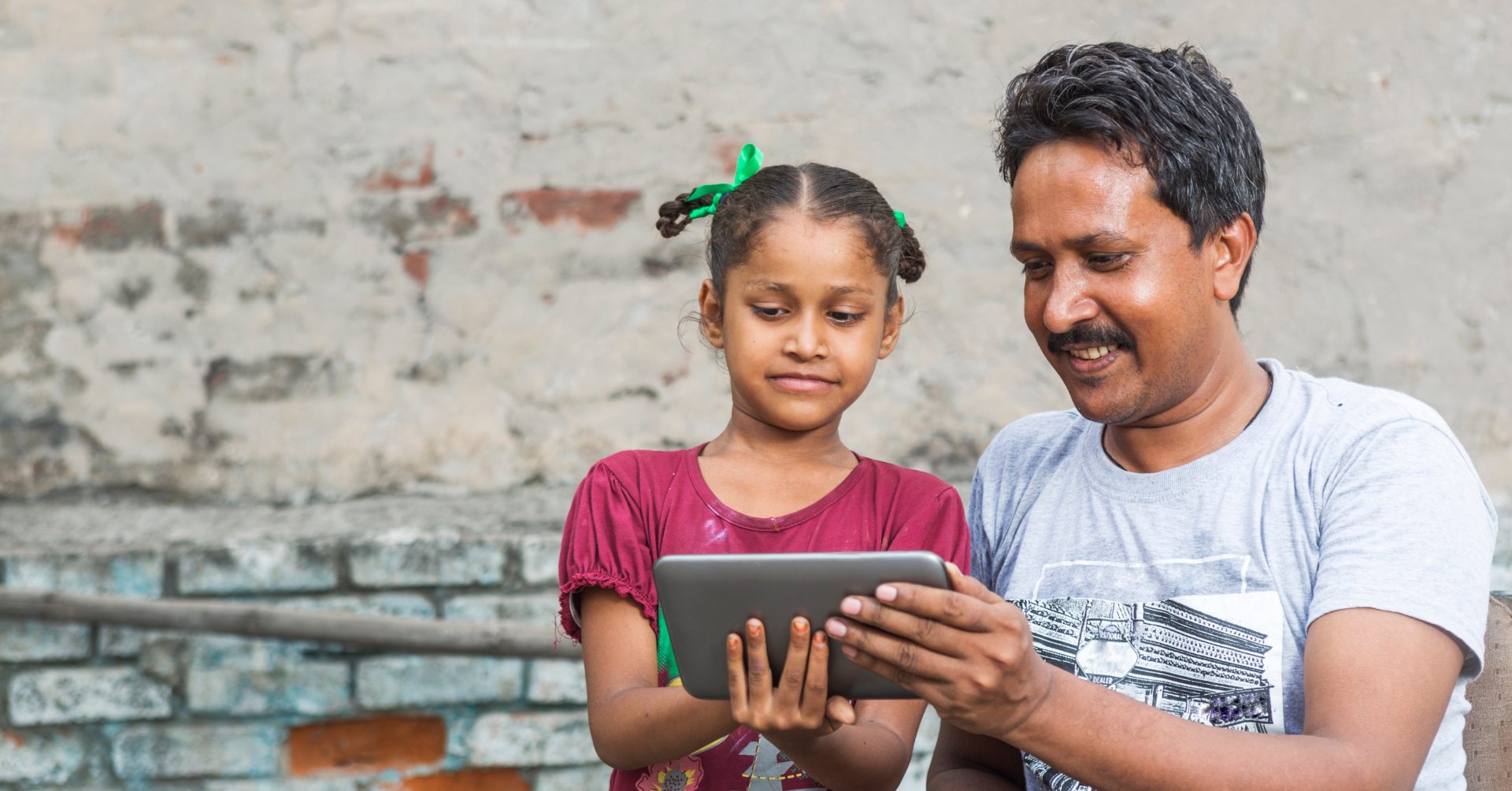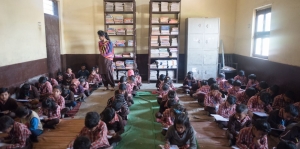School closures owing to the nation-wide lockdown till mid-April due to COVID-19 has impacted about 250 million children. The Ministry of Human Resource Development (MHRD) and the state governments are working together to ensure that learning among children does not suffer. They are promoting various digital initiatives like DIKSHA, e-PATHSHALA, and SWAYAM for continued learning from home during the crisis.
The most effective way of ensuring that children don’t regress in their learning trajectory is by leveraging EdTech solutions. From digital classrooms in Himachal Pradesh wherein teachers are giving lectures on video using WhatsApp, to schools in Bihar availing the Zoom app, to Kerala initiating the Kerala Startup Mission that encourages all teachers and students to get on an app that offers virtual classes, exams, and quizzes, most states and academic institutions are embracing technology for continued learning.
Many states are also using the DIKSHA app which has over 7 million downloads and witnessed more than 120 million content play sessions in the past two years. Students can easily access textbook lessons on the app by scanning QR codes. The platform helps students find additional material around prescribed topics, practice problem-solving, and get immediate feedback on whether the answers are correct or not. It also provides teachers with innovative pedagogical means to make classes more engaging and share best practices within the fraternity.
Few days before the lockdown was announced, the Central Board of Secondary Education (CBSE) launched additional e-content on DIKSHA in various subjects for students between Classes 6-10 in an attempt to keep them engaged at home. The board also added specific question banks to encourage ‘Creative and Critical Thinking Practice’ for students between Classes 7-10.
We at Central Square Foundation (CSF) have been supporting MHRD and states in strengthening the implementation of DIKSHA and designing a learning program on how it can be used by children to learn new concepts and test themselves on key competencies.
Additionally, we partnered with Google.org to build a repository of 10,000 learning videos for Maths and Science in five languages — Hindi, English, Telugu, Odia, and Marathi. TicTacLearn, the product, will be the single largest such repository of learning videos which can be accessed on DIKSHA as well as on YouTube. Several state governments have expressed their keenness on integrating the TicTacLearn content with their curriculum.
EdTech for Foundational Learning
Foundational learning among children refers to their ability to read with meaning and solve basic arithmetic problems. A strong foundation by Class 3 is imperative for students to be able to learn in higher classes and acquire relevant skills like critical thinking and problem solving to succeed in the long run.
With the lockdown, every home is a school, and every parent a teacher. Parents need to engage meaningfully with their children to develop their foundational skills. TopParent, an app available for downloading free of cost, empowers parents with tools and skills to do just that. Google Bolo, Math Masti, and Chimple are part of TopParent suite of solutions that help children make sense of letters and numbers in fun and interactive ways.
Google Bolo is a reading-tutor app which helps children improve their reading skills in Hindi and English. When children win word games, they receive in-app awards and badges that motivates them to keep going. Math Masti focuses on building numeracy skills in children and helps parents keep track of their child’s progress. It is aligned with the school curriculum. Chimple is designed to make learning fun. It uses stories, puzzles, and games to teach children reading, writing, and maths.

The internet user base in India exceeded the 500 million mark in March 2019, according to the Kantar IMRB ICUBE report. 97% of these users accessed the internet on their phones which presents parents with a yet untapped opportunity to ensure their children don’t fall behind.
CSF is supporting TopParent and partnering with the central government and a few state governments with Hindi as the medium of instruction to help children, especially those from underprivileged backgrounds, to acquire foundational skills. With an estimate of at least 290 million internet users in rural India, TopParent has immense potential to help parents and children from poor communities stay focussed on learning.
An all-inclusive database of EdTech solutions
According to an Inc42 report on the future of the EdTech landscape in India, over 4,450 EdTech start-ups were launched in the country. There is a wide array of solutions available that cater to the needs of parents, teachers, and children. However, there is no clear way to identify which of these solutions are of high-quality and will create the most impact on students’ learning. CSF is trying to fill this void and help state governments in creating an easy-to-use database of EdTech solutions for students, teachers, and parents.
Meanwhile, the World Bank has curated a list of tools and platforms that can be impactful alternatives for learning at home.



